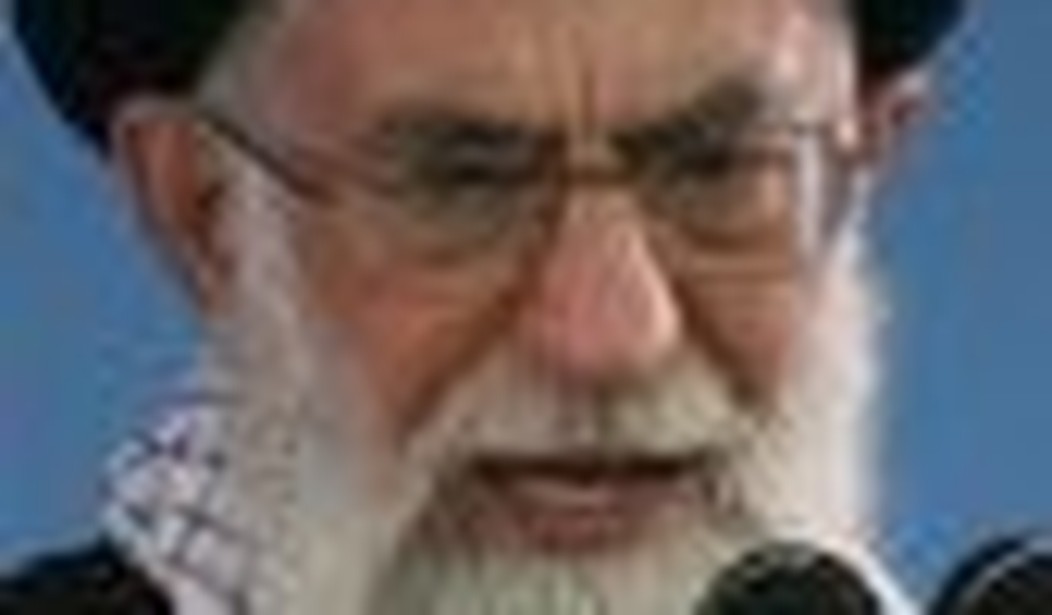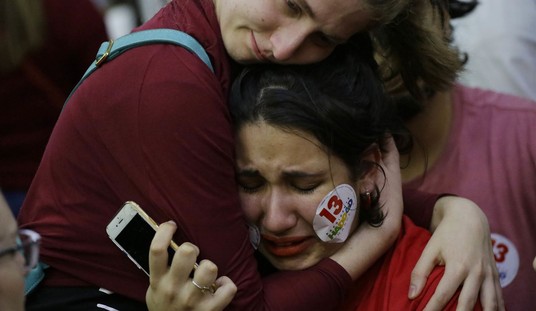July 9 will be the anniversary of the 1999 student protests in Iran, the event that previously held the title of provoking the most instability, only recently upstaged by the dramatic unrest in reaction to the sham presidential elections. This anniversary has particular meaning for the Iranian people. The date has become somewhat of a holiday, the day that comes once per year where everyone unites and outpours their grievances against the government. That uprising ended with security measures identical to the ones being taken today, with reports of students being thrown from buildings, paramilitary forces raiding and destroying dorms, and mass arrests and torture.
For Iranians, July 9 is the next round in the bout. Nationwide protests are being planned and they will be large enough to grab the attention of the Western media that has been lost in recent weeks as the crowds of millions in the streets of Tehran have dissipated. Already, I’ve been emailed several fliers promoting the rallies. The regime is well aware that July 9 will mark the greatest instability since the week immediately following the June 12 “election” and it has begun a preemptive war to limit the inevitable escalation that is bound to happen.
According to reports I’ve received, which have been declining in recent days due to the crackdown, Basiji checkpoints have been set up throughout Tehran, searching all vehicles driving after 11:00 p.m. A particular focus of the regime is schools, the battleground of 1999. For example, every dorm at Sistan and Baluchistan University has been searched, and summer classes that were set to begin July 6 were canceled so the school could be shut down. At Tabriz University, students were forced to leave their dorms immediately after finishing their final exams. At Babol University, seven students arrested for demonstrating are going to be held until after July 9. Tehran University and others are on lockdown, with security forces and police dogs waiting to pounce.
Other measures are being taken at sites assumed to be the gathering points of demonstrators. The graves of those killed by the regime over the past month are being guarded by security personnel who often refuse to let the graves even be visited. The state media is not hiding news about executions, openly reporting that 34 people were hanged last week. In Sanandaj, a Kurdish town, water reportedly has been cut off, an attempt to force the people to disperse and spend time searching for resources rather than mobilizing against the regime.
The Iranian people are adapting to these new conditions. They are shouting “Allah Akbar!” on rooftops at night and holding silent, candlelight vigils rather than organizing into large masses. On July 2, they began “political traffic,” where for a few hours Iranians drove in the streets to cause jams. This shows the lengths to which the Iranians are willing to go to express themselves in any way possible.
The split among the religious elite is going to provide additional momentum for the protests that will emerge on July 9 and in the days thereafter, cracking the very theological foundations the regime justifies its existence upon. The Association of Researchers and Teachers of Qom, described by the New York Times as “the most important group of religious leaders in Iran,” has dismissed the election results. Following this announcement, the party of Rafsanjani, former president and current chairman of the Assembly of Experts, which chooses and dismisses the supreme leader, has officially stated its position that the elections were fraudulent.
Even when faced with this potentially fatal rebuke from religious leaders, the regime is hunkering down rather than offering any form of concession. Those that favor the general preservation of the theocratic nature of the regime but oppose Khamenei and Ahmadinejad personally for their transgressions and those that favor democratic transformation will provide a sandwiching effect from which no unpopular figurehead can survive indefinitely.
The reaction of the regime has been to become even more brutal, guaranteeing its inevitable fall but delaying the time when that day arrives. The regime appears to be gearing up to arrest Mousavi, an immensely provocative move. One of Khamenei’s closest advisors has labeled Mousavi an American agent, an offense frequently used to justify arrest. The Basiji has also formally asked for his prosecution, citing nine alleged violations, including “disturbing the nation’s security.”
Michael Ledeen writes that Khamenei has ordered that all demonstrations be forcibly put down and all unrest ended by July 11. Khamenei knows there is a tidal wave against him and only maximum force can keep his head barely above water. The drowning of the regime has begun — and it can only hold its breath for so long.









Join the conversation as a VIP Member